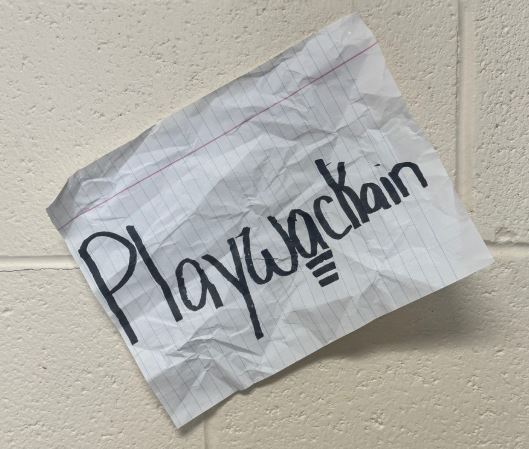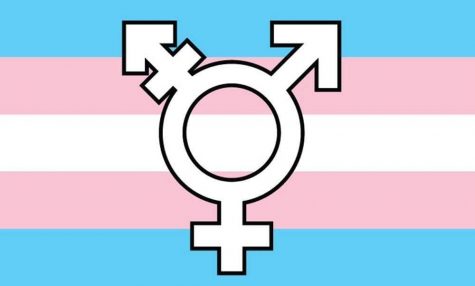Neshaminy pieces together autism awareness
According to the Center for Disease Control and Prevention, about one in every 68 children is diagnosed with autism spectrum disorder (ASD), and the disorder is about 4.5 times more likely in boys than in girls. Assuming Neshaminy High School has an enrollment of 3,000 students, theoretically about 44 students have ASD.
While this number may seem quite meager, this 1 percent of students requires understanding and acceptance, just like the rest of the students. With April being Autism Awareness Month, people could do some research and become a little bit more aware of what Autism really is.
Autism is a spectrum disorder, meaning that it affects every person in a different way. As a whole, however, autism is understood to impact a person’s ability to interact or communicate with others. Signs of the disorder, such as the lacking of social skills or developmental problems, can be seen in children as early as 18 months.
New symptoms do not usually appear after age 3 or 4. Symptoms are usually recognized at developmental landmarks, such as a baby not saying single words by 16 months or not babbling or cooing by 12 months.
“I’ve seen kids with autism that can perform calculus in their heads,” Christina Rago, a long-term anatomy and physiology substitute, said. “And then there are kids that can’t even care for themselves; they can’t eat, shower, or maybe even walk by themselves.” Autism can mildly affect the social skills of an individual, or it could have a wider impact.
Neshaminy High School helps each student with autism in a unique and specialized way, due to the spectrum nature of the disorder. Students with more mild social disabilities must be treated differently than those who are nonverbal with more severe intellectual disabilities.
“Neshaminy has some self-contained classrooms for students with autism, but we also have many autistic students switching classes just like everyone else,” Traci Hindle, a guidance counselor at Neshaminy High School, said. “Neshaminy also houses some self-contained classrooms for the Bucks County IU, for the children with autism that wouldn’t normally go to this school.”
In addition to understanding what autism really is and what the school does for those who have it, it helps to be aware of how autism affects someone’s life. Evan Sleppy, a Neshaminy sophomore with autism, was delighted to give everyone a little insight about what living with autism is really like.
“I was always told that I was diagnosed at 3 years old,” Sleppy began. He explained that throughout his childhood he faced multiple social problems. “It was harder to socialize, and then I would explain it to my mom, and she would say it’s because of my autism. I don’t really have a filter, and I can’t really converse as normally. My social skills have gotten better, but it’s still hard sometimes to converse with my friends.”
Sleppy is very involved in the school music program, recently starring in Neshaminy High School’s Collabarét and participating the school’s production of Godspell. He stated that he also has social anxiety and depression, but that he does not allow those things, along with the autism, to define him.
“What defines me is my personality and the decisions I make,” Sleppy said. This power over his own definition is one of the things that allows him to get up on stage and amaze the crowd. “I always feel so confident when I get up on stage, and then afterwards, I always love meeting the people, because they always have such nice things to say, and I always appreciate it.”
Sleppy also stated that he would like everyone to understand that “everyone has a challenge, not only people with autism, but everyone. Everyone has some type of challenge that they are going through, and I think that people need to give love, and give friendship and positivity. Those are two of the most important things with a relationship with other people: communication and positivity.”










